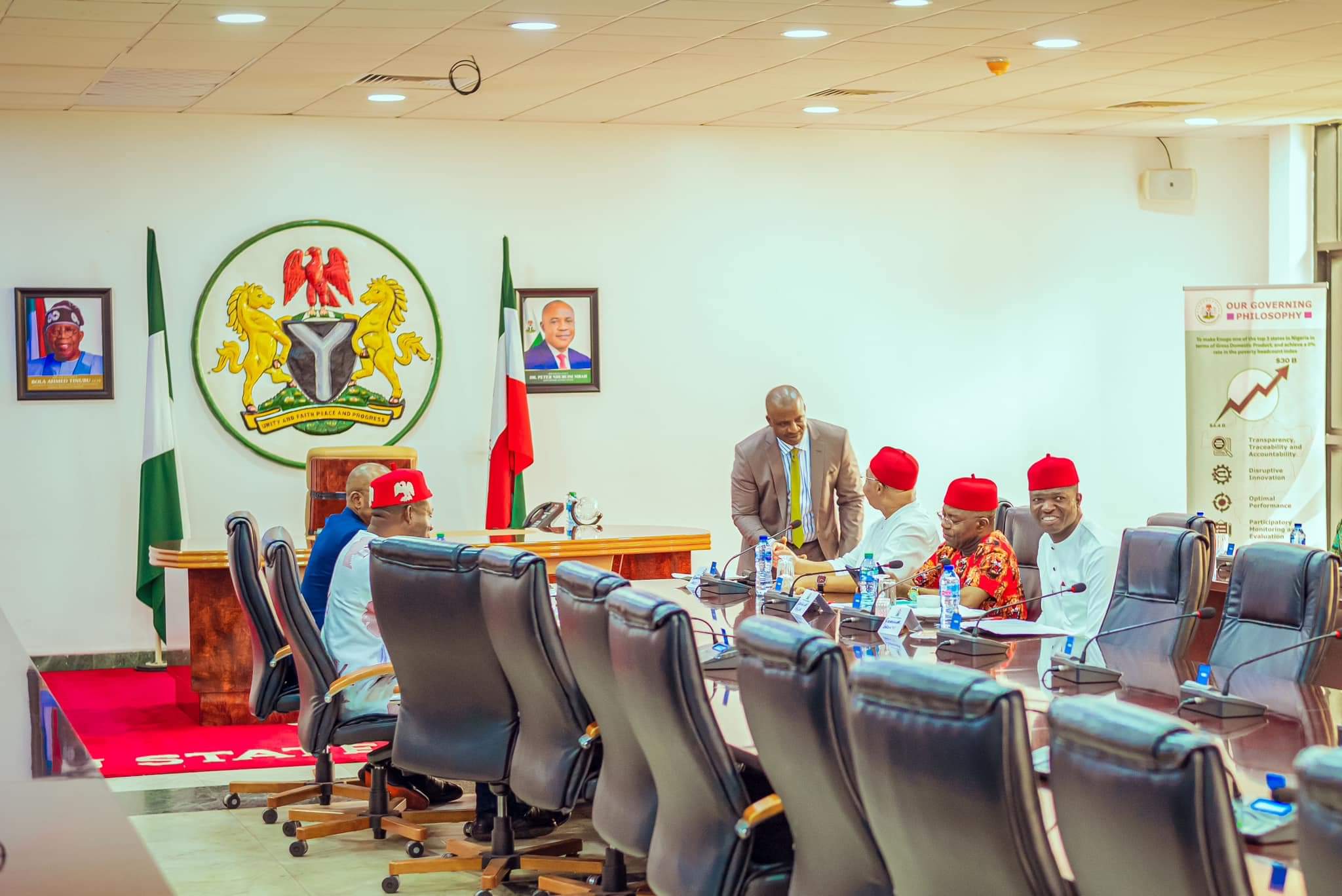There has never been any doubt about the transformative power of technology both in terms of cash availability and socio-economic development of any environment or nation. You only need to look at the big tech companies in Silicon Valley at San Jose in the United States, and the top range tech companies in Asia to sketch an understanding of the kind of financial muscle power they display.
They are creative, bold and daring in searching for the niche factor that opens fame and fortunes from an avalanche of prime products. They dictate the pace and tempo of modern existence and are even now creating machines to help in moments they think that humans are not fast enough. So, there comes artificial intelligence (AI). They are recreating the world in terms of tech and cash.
For instance, Apple cash on hand for the quarter ending June 30, 2023, was $62.482bn. This is more than twice the size of Nigeria’s foreign reserves as per the latest figures from the Central Bank which stand at $30.1bn. Their figures are there for global viewing while the Nigerian Central Bank has only managed to release its audited figures after seven years, and the reasons for such opacity are now very clear.
In our part of the world, the telecommunications sector is very much different. The sector has never been shy in providing stats for measurement. Even pre 2000, the regulator, the Nigerian Communications Commission (NCC), would always say that industry investment and connected lines stood at about $500m and 350,000 lines respectively.
Advertisement
But the story has changed and the industry more brilliant in expressing its achievement. Which is why each time the NCC speaks and presents figures about the industry, it’s more like looking at the telecoms dashboard, very beautiful, fascinating and lucidly interpretative. One of such presentations was made recently when the regulator placed a value on the various consumption services in the industry, in the form of data, airtime and other telecommunications services in 2021.
The monetary value was placed at N3.25tn, which is a 12.74 per cent increase from the N2.88tn for 2020 and 31.55 per cent increase from the N2.47tn of 2019. From all indications there is a steady growth in the consumption pattern and the regulator was only too happy to demonstrate that in figures and solid data. Also within the period, foreign direct investment (FDI) stood at $417.48m, according to the NCC.
From the COVID-19 era which hit Nigeria in February 2020, telecommunications have attained a centrality in the life of the average Nigerian. Lifestyle and social relationships have changed, economic activities and business transactions have mostly moved online, while even the global community had to learn the new normal – working from home, and this has equally gained traction in Nigeria, and even made more expedient today by other intervening factors. Whichever way, telecommunications remain a proud winner, enjoying a nexus of attention and indispensability.
Advertisement
“2021 witnessed an uptake in online activities as people had to use their devices online,” the regulator said.
While the data and airtime consumption figures made so much sense and paint a picture of an industry in an upward swing, one was compelled to look at other industry figures housed at the NCC website. One had to look at the market share by the major operators very closely to see if there is anything there that could have impacted more on the consumption figures or even change the pattern of consumption.
The market share is as follows: MTN – 84, 663, 653 (38.52 per cent), Globacom – 61, 333, 528 (27.91 per cent), Airtel – 60, 190, 732 (27.39 per cent), and 9mobile – 13, 578, 431 (6.18 per cent). The foregoing represents the industry share per operator as June 2023.
From the figures, there is a clear leader in the industry in every respect; whether in the area of line connection, data usage and even corporate subscription, MTN has had a clear lead ab initio. In fairness, Globacom, trading as Glo, and Airtel have not done badly, especially looking at the challenging business terrain of the country. Glo came in much later, behind MTN and Airtel, and it is only fair to observe that it has competed so well that nobody knows that any more.
Advertisement
Even more deserving of mention here is that at the premiere licensing stage, NITEL (NATCOM) which now trades as NTEL, was equally given a soft licensing to enable it provide mobile services, taking a spring from the legacy facilities of the former monopoly. Even with prime advantage, NATCOM has simply faded out, rendering an important license underutilized.
The case of 9mobile which started operations as Etisalat is even more troubling. After putting up a great show in the field of play, by demonstrating that it had capacity to compete in spite of starting operations in October 2008, way behind the others, the fortunes have crashed, making people to dump their lines, except those holding on to them for sentimental reasons. An operator that boasted of over 20m lines in its prime has crashed to just 13m. But two strong industry sources told this writer that things are not well with 9mobile at all. The sources disclosed that 9mobile may not be doing more than 6m lines as at today. And there are very strong indications, and this has been confirmed also by an industry source long ago, that 9mobile is looking for a buyer.
At the moment the organisation is stalemated. The network is shrinking. The subscribers are taking a scram. And the buyer remains in the shadows with uncertainty being a more possible commodity. There will be more time to write the story of 9mobile, except that for the time being, it is safe to observe that the organization is in no place to compete at all. A source said ‘’the company is like a sinking ship. The workers and subscribers are jumping out.’’
For me, the market share by operators are the counter figures that communicate so much about the service consumption figures which put a sheen on the industry, that everything is all well and fine. Such a feeling can beguile the regulator with a false sense of achievement and weaken its resolve to take measures that can address the deficits and ailments of the industry.
Advertisement
With all the earnings by the operators and with the ability of the sector to provide a super structure to carry other sectors of the economy and, irrespective of how good we feel about achievements in the industry in over two decades, the fact is that any time a subscriber can’t make a call successfully in the city or even in some rural areas that are semi urban, it means there are major challenges that need to be tackled by the regulator.
An industry source told this writer within the week that the country urgently needs a regulator that understands consumer regulation and consumer protection, to protect the small players from being trampled upon, and be strong enough to word off regulatory capture and operational conspiracies by the big players. The source stated that the regulator needs all the licensees to function optimally in order to unleash employment opportunities in the sector.
Advertisement
The near absence of NATCOM and 9mobile in this respect is a major drag on the efforts of the other operators that need to be addressed urgently. Nigeria is a fairly large country and needs to appropriate the efforts of all the operators to deliver acceptable services to the various ends of the country. No area should be left uncovered or unreached. Telecommunications services should be democratized enough to reach all Nigerians irrespective of class or status.
Advertisement
Views expressed by contributors are strictly personal and not of TheCable.
Add a comment







